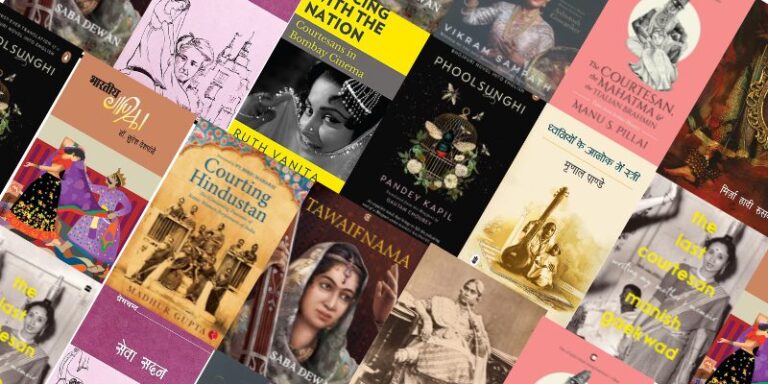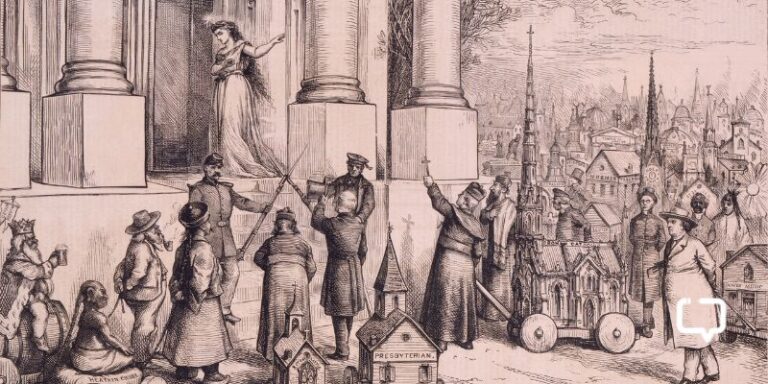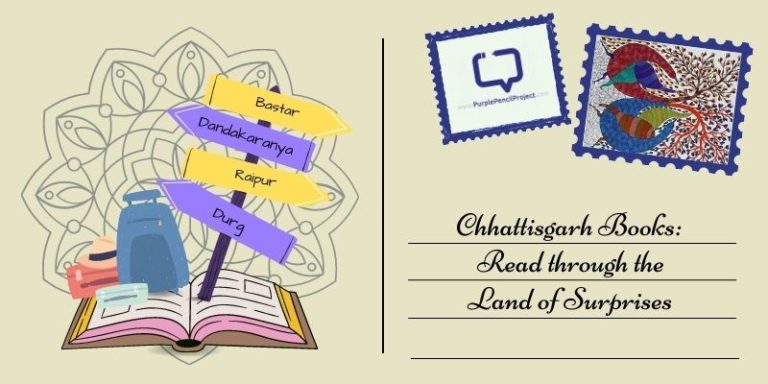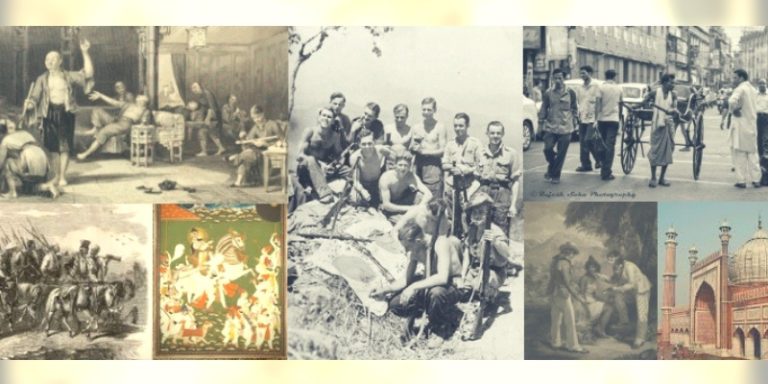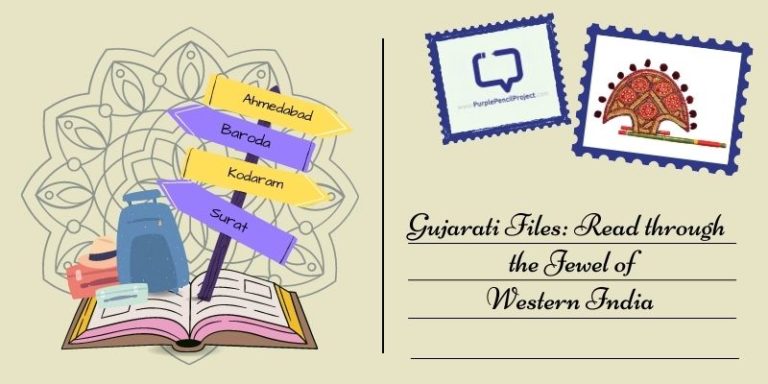Amritesh Mukherjee curates a list of banned books in India.
Books have forever been at the receiving end of power and society, provoking and dissenting. Attempts to ban them are common whenever they have challenged the existing societal dynamics, beliefs, and hierarchies.
Banned books are common worldwide, and it’s no different in India. In today’s article, we will look at some banned books at one point or another in Independent India, nationally, or across a specific region.
Since a complete list would be too expansive for the scope of an article like ours, we’ve limited ourselves to a select few banned books in India. If you think we’ve missed any, please comment below and let us know, and we’ll consider adding it to our list.
We encourage you to buy books from a local bookstore. If that is not possible, please use the links on the page and support us. Thank you.
List of Banned Books in India
Table of Contents
1. The Satanic Verses by Salman Rushdie
Topping our list of banned books in India is this title by Salman Rushdie.
Published in 1988, the Satanic Verses is one of the most significant and controversial works of modern literature. Apart from the obvious issues surrounding the work, from the matter of freedom of speech to religious sensitivities, it’s a complex work looking at themes of faith, identity, alienation, and conformity.
Rushdie’s characteristic magical realism is at play here, more vivid and dynamic than ever, with the two characters: Gibreel Farishta and Saladin Chamcha, who somehow survive a terrorist attack.
2. Smash and Grab: Annexation of Sikkim by Sunanda K. Datta-Ray
Revisiting historical incidents with ties to modern political scenarios always creates ripples, as can be seen through the banning of this book. The Delhi High Court halted the book’s publication after a defamation suit, which was later lifted. The book shows unseen documents and goes into the political dynamics of India and China in the 20th century.
An impartial and detailed account without excessive commentary, the book shows the importance of Sikkim to Sino-Indian relations. The book is a complete and nuanced portrayal of the events leading up to Sikkim’s annexation and is an important historical narrative for future generations.
3. The Adivasi Will Not Dance by Hansda Sowvendra Shekhar
A collection of short stories, the book is about the lives of Adivasis (as the title indicates), specifically the Santhals of Jharkhand. It addresses societal issues and struggles of the lower classes and how power and resistance interplay in the state. It also looks at Adivasi’s identity politics and experiences through the complicated terrains of tribal lives.
Marginalised voices often get lost in mainstream narratives, which is why books like The Adivasi Will Not Dance are even more important. The book saw a statewide ban and the author was suspended from his job, which was later revoked.
4. Sachchi Ramayana by Periyar E. V. Ramasamy
One of India’s most prominent social justice activists, Periyar E. V. Ramasamy, reinterpreted the Hindu epic of Ramayana from a rational and Dravidian standpoint. Challenging traditional narratives and critiquing religious and societal beliefs, the book showed the revered characters of the book as simple humans who are deep into the games of power and manipulation.
He questions the deification of these characters while providing a critical perspective of the various religious aspects of the story. The Hindi version of the original book was banned in Uttar Pradesh for “hurting religious sentiments”, among many other reasons.

5. Soft Target: How the Indian Intelligence Service Penetrated Canada by Zuhair Kashmeri and Brian McAndrew
Published by two Canadian reporters, the book looks at how Indian Intelligence Services have penetrated Canada with a detailed look at its operations and influence on the country.
It claims that the agencies went into the Canadian Sikh community, the Royal Canadian Mounted Police, and the Canadian Security Intelligence Service to destroy the credibility of a separate Sikh state’s demand. I think you can see by now why the book would be banned in India.
6. China’s Foreign Relations Since 1949 by Alan Lawrence
Part of the World Studies Series, the book looks at Chinese foreign relations since the establishment of the People’s Republic. The book provides insights into Chinese relationships with other countries, including India, and it was banned for apparent factual errors. The example further states the delicate lines that literature has to tread when it comes to talking about geopolitical issues.
7. An Area of Darkness by V. S. Naipaul
A travelogue that critically examines India and challenges the romanticised perceptions of the country, from the chaos of Bombay to the serenity of Kashmir. The book was controversial for candidly portraying post-colonial India, raising questions on cultural sensitivity and colonial perspectives. The book is an interesting exploration of the country from an outsider’s perspective, filled with Naipaul’s characteristic voice and keen eye. It also shows his complex relationship with the country, merging cultural reflections with personal experiences.
8. Unarmed Victory by Bertrand Russell
Unarmed Victory discusses the aftermath of the Sino-Indian War of 1962 and critically examines the geopolitical implications and consequences of the conflict. It was banned for portraying the political leaders involved in the war in a poor light. The book also discusses world politics, military bases, and the Cold War and remains a valuable political and historical work. It’s filled with trademark precision and analysis that one can expect from someone like Russell.
Recommended Reads: The Kashmir Files: From the library of Paradise on Earth
9. Captive Kashmir: Story of a Betrayed and Enslaved People by Aziz Beg
Kashmir is one of the most complex and longest-running conflicts in the Indian subcontinent, with widely polarizing views on the same. This book was banned for taking a critical position against the Indian treatment of the state and the plight of the Kashmiris in their own state. The book discusses the state’s history and politics while showing its inhabitants’ plight. It focuses on the experiences of the Kashmiris, giving them a voice and how they live between the mess created by the geopolitical struggles of India and Pakistan.
10. Meendezhum Pandiyar Varalaru by K. Senthil Mallar
The Tamil Nadu government banned this book on the grounds of potential violence and discord among communities after a sedition case. Its ban raises questions about interpreting and presenting historical events, especially when the historical narrative may be emotionally charged. The book claims that the Pallars, a Dalit community, were once rulers of the Pandya kingdom and advocates highlighting the historical importance of the Pallars.










